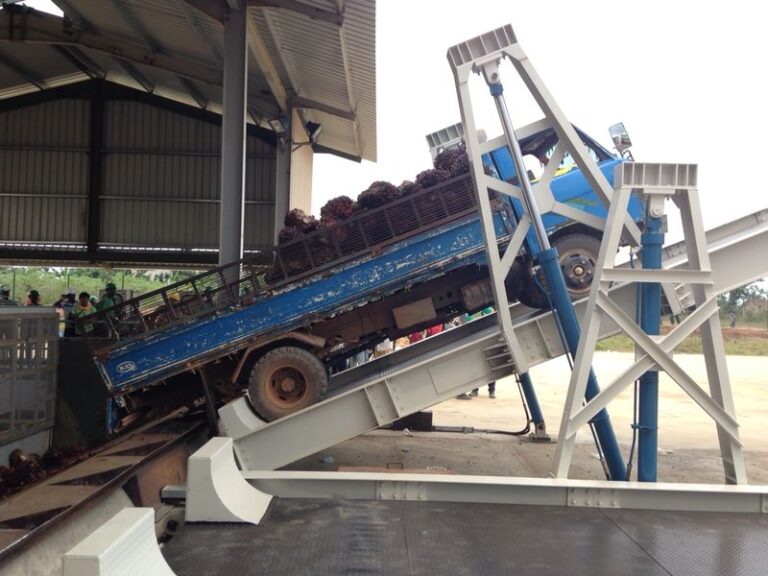Palm oil prices are stabilising around RM3,900 per tonne, signalling a potential rebound driven by increased demand from major importers like China and India. This resurgence is underpinned by favourable pricing, production constraints, and shifts in global edible oil markets, presenting a promising outlook for investors.
After a six-session decline, Malaysian palm oil futures have rebounded, buoyed by bargain hunting and robust export estimates. Shipments during the first 20 days of April rose between 11.9% and 18.5% compared to the same period in March, indicating strong market demand.
The Malaysian Palm Oil Council (MPOC) anticipates that palm oil prices will remain supported at RM3,900 per tonne in the coming weeks. This expectation is based on the recovery in soybean oil prices, which enhances palm oil’s price competitiveness . China is projected to increase its palm oil imports in May and June to replenish inventories, coinciding with the onset of the summer season, which typically sees higher palm oil consumption. Similarly, India is expected to capitalise on the current low palm oil prices to replenish its depleted inventories, as the price gap between palm oil and soybean oil has narrowed in the domestic market .
The current market dynamics—characterised by stabilising prices, strong demand from key importers, production constraints, and regulatory delays—present a favourable environment for investors in the palm oil sector. Companies operating within this space are well-positioned to capitalise on these trends, offering potential for growth and profitability.
Dekel Agri-Vision PLC (LON:DKL) aspires to become a leading agro-industrial company in West Africa, one that creates value for shareholders whilst at all times placing the interests of the local communities and environment in which it operates in at the heart of its operations.






































